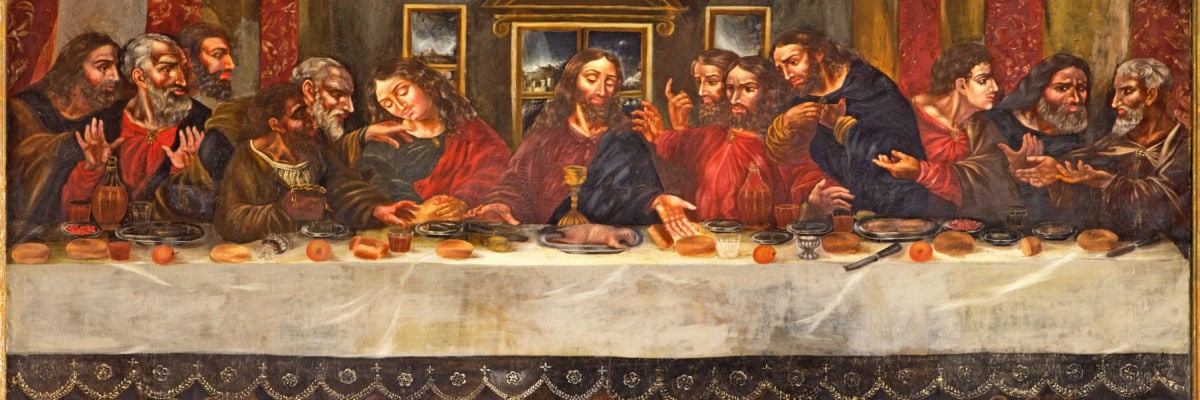
Question:
Answer:
“For the life of every creature is the blood of it; therefore I have said to the people of Israel, you shall not eat the blood of any creature, for the life of every creature is its blood; whoever eats it shall be cut off” (Lev. 17:14).
In short, as Jesus noted, he came to fulfill the law, not violate or abrogate it (Matt. 5:17). Drinking the blood of an animal was prohibited in Old Covenant times because it was set aside as a sin offering, as we see, e.g., in the Yom Kippur (Day of Atonement) sacrifices discussed in Leviticus 16. If one consumed such blood, he was either saying, in effect, that he was not in need of atonement and/or that he was seeking the attributes of the animal, i.e., being drawn downward to the level of a beast in seeking, say, the strength of a bull.
In fulfilling all Old Testament sacrifices, including the Passover sacrifice in which lambs were not only offered but eaten, Jesus bids us to eat his body and drink his blood that we might have eternal life, being divinized (2 Pet. 1:4) and thus being raised upward to a higher life in him.
For more on this subject, please see this Catholic Answer.



